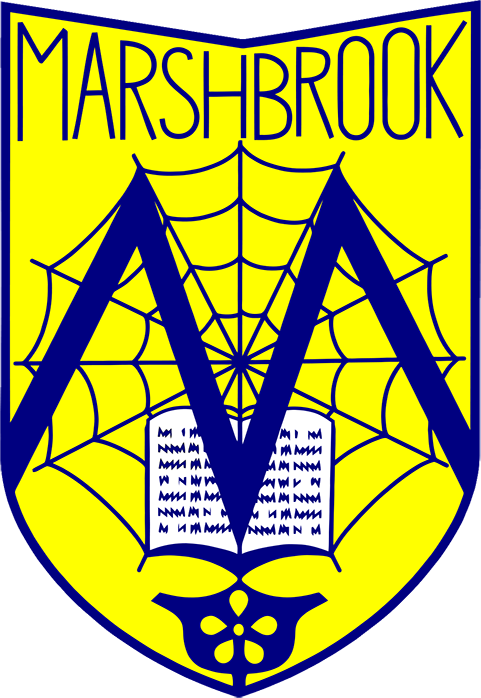Writing
Handwriting
At Marshbrook, we teach our pupils to write in a cursive handwriting style because research shows that the use of a continuous cursive handwriting style plays a significant role, not only in developing fine motor skills but also in learning spelling patterns.
When your child first comes to school, they will learn to form every letter with an entry and exit stroke.
This is a solid foundation for joining handwriting later on. Children are taught that every letter starts on the line. Next we begin to teach digraphs and trigraphs as joined letters. You can support your child at home by encouraging them to trace over letters on a regular basis.
Please see below for our Letter Mat and letters with arrows to indicate correct formation.
Reluctant writers are often more willing to try if you give them different colour or types of pens. You can even enlarge the letters and trace over using paint, chalk, using a bottle of water with a sports cap, or even tracing over the letters with a toy car.
Constant repetition is the key, emphasising the correct entry and exit strokes every time. It is essential that your child gets into good habits early on and this includes having the correct pencil grip.
Ideas to Support Writing
For Early Writers
Encourage activities that develop fine motor skills e.g. cutting, using play dough, using tweezers, using clothes pegs, tracing or Meccano.
Trace over a name card to learn to write their name.
Support children to make the link between print and meaning. Look for print in their environment – road signs, food packets, shops, catalogues etc.
Use a chalk or whiteboard to write family messages on.
Make labels for things around the house.
Write a shopping list – real or imaginary! Or any other sort of list.
Letter formation – practise forming letters using paint, in sand, using play dough or using a paintbrush and water outside.
Let your child write their own Christmas cards or birthday cards to people.
Use magnetic letters – your child can leave a message on the fridge.
Encourage and praise early squiggles and marks which show your child is beginning to understand writing.
Improving Writers
Encourage children to write thank you letters, invitations, postcards, menus etc.
Email a family member or friend.
Make a scrap book with labels and captions – maybe after a holiday or special event.
Write short stories involving the adventures of their favourite toys.
Write an information leaflet about something they find interesting eg. dinosaurs, sports etc.
Invent and write rules for the house, bedroom etc. and put on a poster
Write a secret diary.
Make up song lyrics.
Write a recipe or instructions for an X-Box game, Minecraft or similar.
Produce their own comic (www.comicmaster.org.uk) or make up jokes.
Look out for writing competitions e.g. Radio 2’s annual 500 Word Competition (a prize is always an incentive to write!).
It’s also an incentive to write if there is a range of exciting writing materials available – pencils, crayons, felt tips, sparkly pens, writing icings, writing soaps for bath time, coloured papers, different shape and sizes of paper etc.
